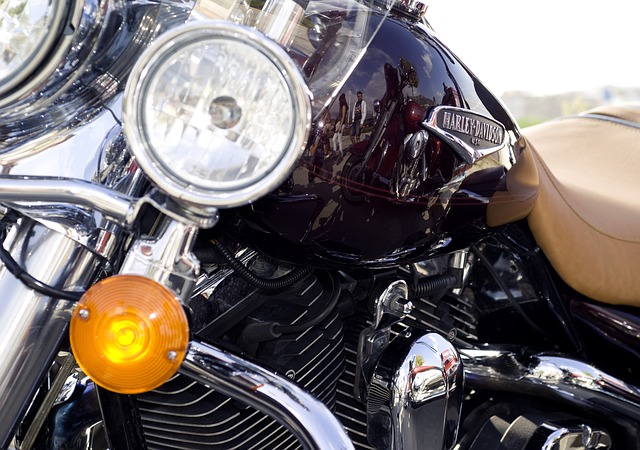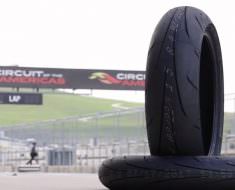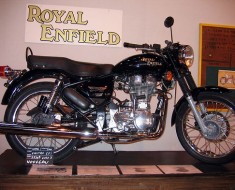The impact of the oil crash on industries and various companies is becoming more apparent in this second-quarter of 2016.
Many companies are revealing just how much their business is affected, and Harley-Davidson is one of them. They reported a 5.2% decline in US sales during the second quarter, citing weakness in oil-dependent areas.
“It is certainly a headwind to the industry,” John Olin, the company’s chief financial officer, said.
He continued (emphasis added):
“And what we saw about a year ago, first quarter — well, first quarter of 2015, we first noticed that those areas were declining more than other areas in the United States, obviously driven by the depression in oil prices. We saw that increase from a modest amount in the first quarter, increased through the second quarter and third quarter, and it hit about a 10% rate in the fourth quarter.
“Now, we’ve seen that hold a 10% in the fourth quarter of last year, the first quarter of this year, and the second quarter was also a 10%. As we look forward, we’re going to start to lap more significant rises on a year-over-year basis, hopefully we’ll start to see it temper a little bit, but at this point, it’s not getting worse, but it is not getting better either.” (Via: Business Insider)
Harley-Davidson also reported an increase in the 30-day delinquency rate for retail motorcycle loan payments it was owed, in part because of oil-heavy regions.
This echoes a post by New York Fed economists in May showing that auto-loan delinquency rates jumped in counties where oil and gas make up at least 6% of employment.
While, as expected, lower oil prices mean cheaper gas for drivers and one could logically assume more people would buy motorcycles – another thing happens simultaneously: many workers in oil-rich areas have lost their jobs (the Houston area, for example). This, and deterioration in confidence about future business conditions, affected how much they were willing to spend.







